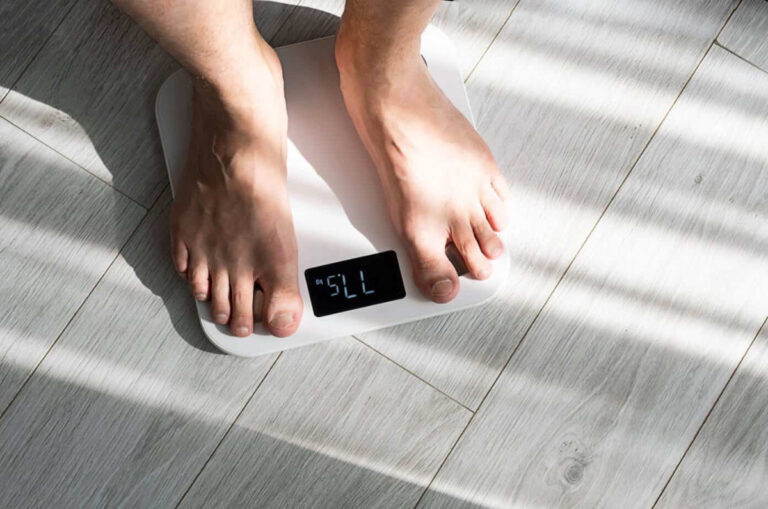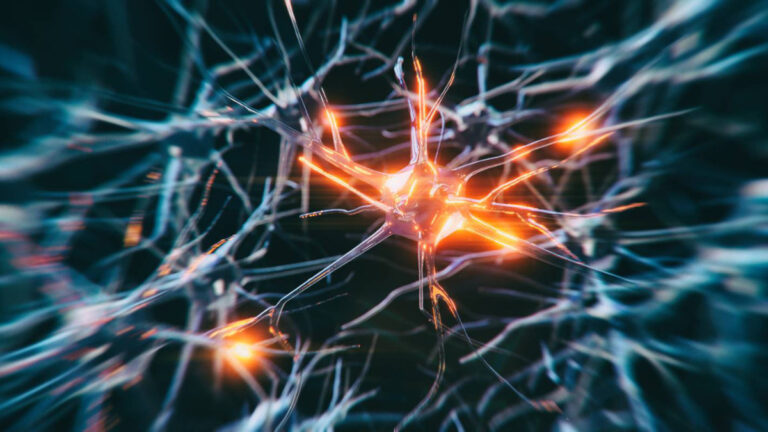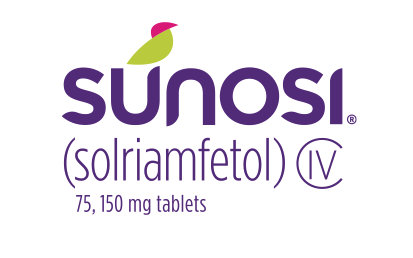Modafinil and Social Interaction: Effects on Focus, Mood, and Relationships
Modafinil is a wakefulness-promoting agent approved for treating narcolepsy, obstructive sleep apnea (OSA), and shift work disorder. Since its approval in 1998, it has become one of the most widely discussed “smart drugs,” gaining popularity beyond clinical use for its potential to improve alertness, focus, and productivity. But how does Modafinil affect social life, mood, and interactions?
Clinical and Approved Uses
Modafinil is classified as a non-amphetamine central nervous system stimulant. The U.S. Food and Drug Administration (FDA) approved it for the treatment of excessive daytime sleepiness in narcolepsy, OSA (adjunct to CPAP therapy), and shift work disorder (FDA, 2015).
- Recommended dose: 200 mg once daily in the morning or one hour before a work shift.
- Higher doses: Up to 400 mg have been tested but show no consistent benefit beyond 200 mg (FDA, 2015).
- Adverse effects: Common side effects include headache, nausea, and insomnia. Rare but serious risks include Stevens-Johnson syndrome, psychiatric reactions, and cardiovascular effects (Greenblatt & Adams, 2023).
Social and Quality of Life Benefits
Narcolepsy and Sleep Disorders
For patients with narcolepsy, Modafinil significantly improves vitality, reduces daytime sleepiness, and enhances overall quality of life. By enabling patients to engage more fully in daily activities, it also improves opportunities for social participation (Greenblatt & Adams, 2023).
Everyday Functioning
Users often report improved productivity and engagement in both work and personal settings. These indirect social benefits come from increased wakefulness and energy rather than direct mood enhancement.
Cognitive and Social Contexts
Academic and Professional Settings
Modafinil is frequently used off-label by students and professionals seeking better concentration. Evidence shows it can enhance performance on complex executive tasks and decision-making under demanding conditions (Bellebaum et al., 2017).
However, findings are inconsistent in well-rested healthy adults:
- No clear benefit for simple memory or attention tasks (Randall et al., 2003).
- Possible improvement in higher-level cognitive functions such as planning and problem-solving (Bellebaum et al., 2017).
Creativity and Divergent Thinking
Contrary to popular belief, Modafinil may not universally enhance cognition. A randomized controlled trial found that while convergent thinking (problem-solving) was largely unaffected, divergent thinking (creativity) actually declined in healthy volunteers taking Modafinil (Mohamed, 2016).
This suggests that while Modafinil may help users stay focused on tasks, it may reduce flexibility in creative or abstract thinking.
Mood, Fatigue, and Social Engagement
Mood Effects
In clinical populations, Modafinil reduces fatigue and can improve vitality scores, contributing to a more positive mood and increased social engagement (Greenblatt & Adams, 2023).
But in healthy young adults, effects differ:
- A study found no significant cognitive improvements but noted increases in anxiety, irritability, and aggressive mood at certain doses (Randall et al., 2003).
- These side effects may interfere with positive social interaction.
Social Engagement
Improved wakefulness often translates into more active participation in daily life. However, in some individuals, side effects such as irritability or heightened reward-seeking behavior could alter how they interact socially (Bellebaum et al., 2017).
Ethical and Societal Considerations
Fairness and Accessibility
The off-label use of Modafinil for cognitive enhancement raises fairness concerns. Access may give some individuals an advantage in competitive academic or workplace environments.
Coercion and Social Pressure
In highly competitive settings, individuals may feel pressured to use Modafinil to keep up with peers, raising ethical questions about autonomy and choice.
Abuse Potential and Dependence
Clinical Understanding
Modafinil is classified as a Schedule IV controlled substance, reflecting lower abuse potential compared to traditional stimulants like amphetamines. Unlike amphetamines, it shows minimal euphoric effects and does not strongly reinforce repeated use (Greenblatt & Adams, 2023).
Research Insights
- Animal studies suggest Modafinil may reduce preference for amphetamines, hinting at protective effects against stimulant addiction (Dias et al., 2017).
- Still, psychological dependence can occur if individuals begin to rely on Modafinil for productivity and performance enhancement.
Conclusion and Future Research
Modafinil has clear benefits for patients with sleep disorders, improving wakefulness, vitality, and social functioning. In healthy individuals, its effects are mixed: some gain sharper focus, while others experience anxiety, reduced creativity, or altered decision-making.
Future research should focus on:
- Long-term effects of off-label use.
- Individual differences in response, especially regarding mood and creativity.
- Ethical frameworks to manage its growing use in competitive settings.
References
- Bellebaum, C., Kuchinke, L., & Roser, P. (2017). Modafinil alters decision making based on feedback history: A randomized placebo-controlled double blind study in humans. Journal of Psychopharmacology, 31(2), 243–249. https://doi.org/10.1177/0269881116668591
- Dias, V. T., Vey, L. T., Rosa, H. Z., D’Avila, L. F., Barcelos, R. C. S., & Burger, M. E. (2017). Could modafinil prevent psychostimulant addiction? An experimental study in rats. Basic & Clinical Pharmacology & Toxicology, 121(5), 400–408. https://doi.org/10.1111/bcpt.12821
- Greenblatt, K., & Adams, N. (2023). Modafinil. In StatPearls [Internet]. StatPearls Publishing. https://www.ncbi.nlm.nih.gov/books/NBK531476/
- Mohamed, A. D. (2016). The effects of modafinil on convergent and divergent thinking of creativity: A randomized controlled trial. Journal of Creative Behavior, 50(3), 252–267. https://doi.org/10.1002/jocb.73
- Randall, D. C., Shneerson, J. M., Plaha, K. K., & File, S. E. (2003). Modafinil affects mood, but not cognitive function, in healthy young volunteers. Human Psychopharmacology: Clinical and Experimental, 18(3), 163–173. https://doi.org/10.1002/hup.456
- U.S. Food and Drug Administration. (2015). PROVIGIL® (modafinil) tablets, for oral use, C-IV [Prescribing information]. U.S. Department of Health and Human Services. https://www.accessdata.fda.gov/drugsatfda_docs/label/2015/020717s037s038lbl.pdf








